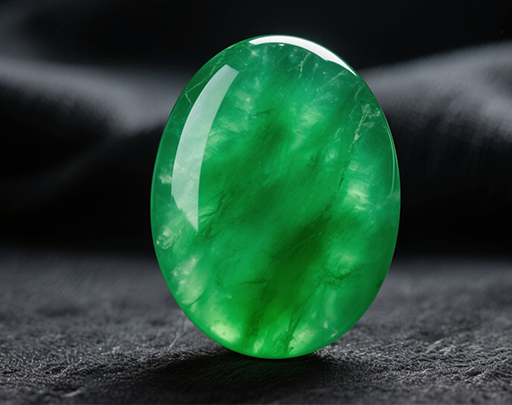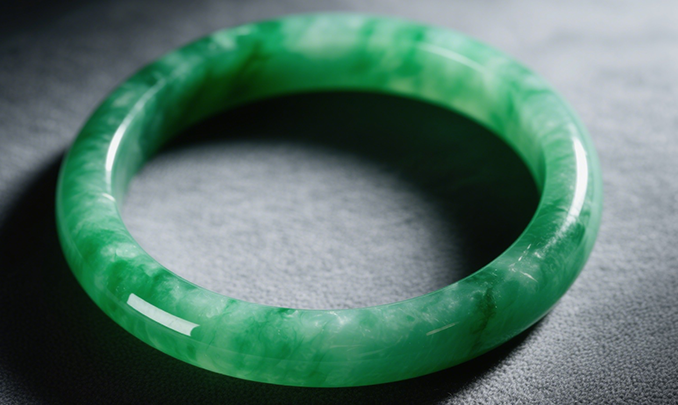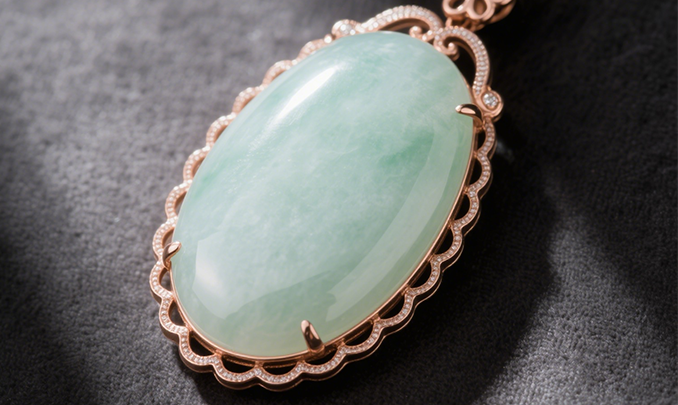
How to Tell Real Jade: A Comprehensive Guide for You
Jade has captivated humans for thousands of years, prized for its beauty, cultural significance, and mystical qualities. However, with the market flooded with imitations, knowing how to distinguish genuine jade from fake can be challenging. This comprehensive guide will walk you through expert techniques to tell you how to tell real jade.
Understanding Jade’s Unique Characteristics
Jade isn’t just a single stone but refers to two distinct minerals: nephrite and jadeite. Both are valued, but they have different properties that discerning buyers should understand.
Types of Jade
Nephrite: More common, typically found in shades of green, white, and gray
Jadeite: Rarer, known for vibrant colors including emerald green, lavender, and imperial green

Key Methods to Authenticate Jade
1. Visual Inspection
Color and Transparency
Genuine jade typically has a smooth, even color distribution
Look for subtle color variations and translucency
Avoid stones with unnaturally bright or uniform colors
Surface Texture
Real jade has a smooth, waxy appearance
High-quality jade exhibits a subtle inner glow
Beware of stones that look too glossy or artificial
2. Physical Tests
Temperature Test
Authentic jade feels cool to the touch and warms slowly
Fake stones made of glass or plastic heat up quickly
Sound Test
Gently tap the stone – real jade produces a distinctive, soft sound
Plastic or glass imitations create a higher-pitched, metallic ring
3. Advanced Identification Techniques
Professional Evaluation
Consult gemological experts
Use specialized equipment like refractometers
Consider professional certification for valuable pieces
4. Price and Origin Considerations
Pricing Indicators
Extremely low prices often signal imitation
Authentic jade from reputable sources commands higher prices
Be cautious of deals that seem too good to be true

Geographical Authenticity
Traditional jade sources include:
Myanmar (Burma)
China
New Zealand
Russia
Purchasing Tips
Buying Recommendations
Purchase from reputable dealers
Request authentication certificates
Learn from experienced collectors
Start with smaller, affordable pieces
Invest in professional evaluation for expensive items
Conclusion: Developing Jade Expertise
Identifying genuine jade requires a combination of knowledge, careful observation, and sometimes professional assistance. By understanding the stone’s unique characteristics and learning to recognize subtle differences, you can confidently navigate the jade market.
